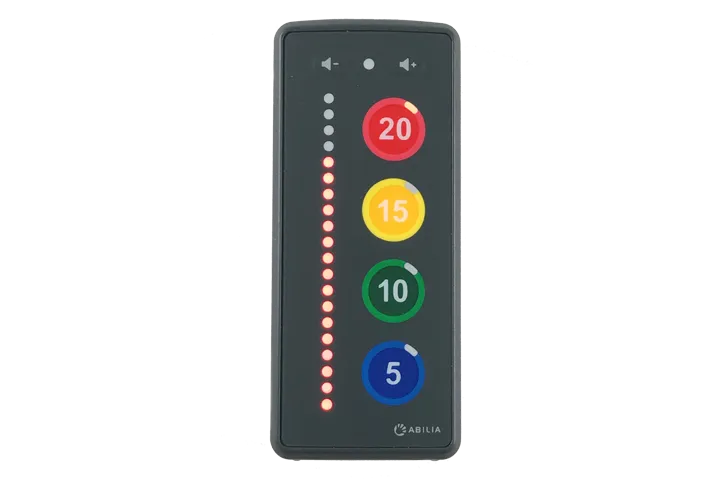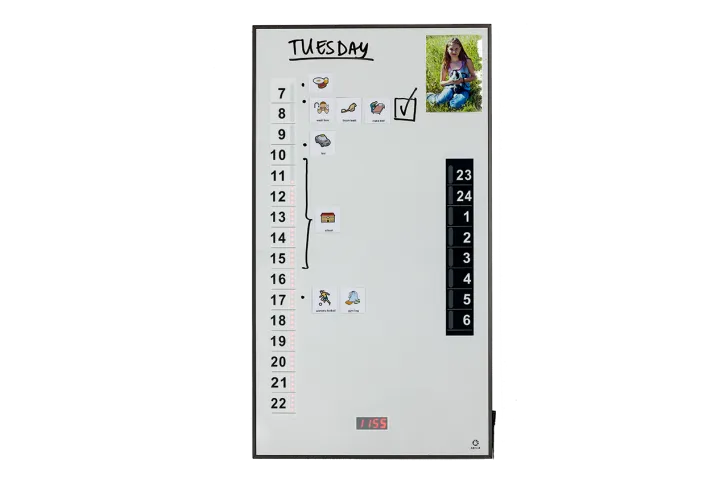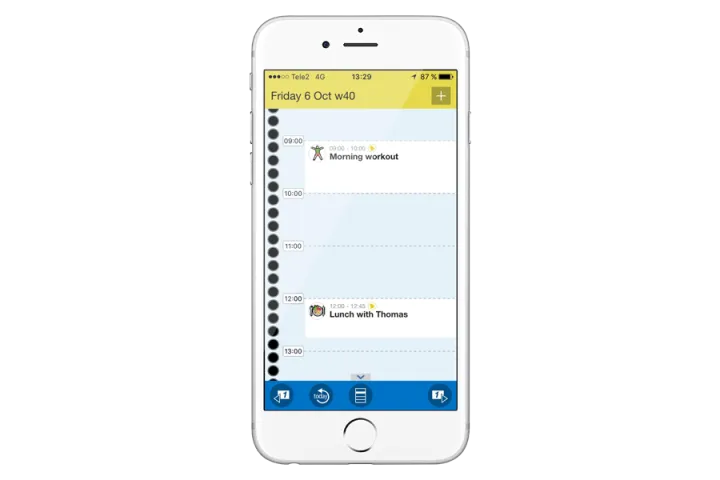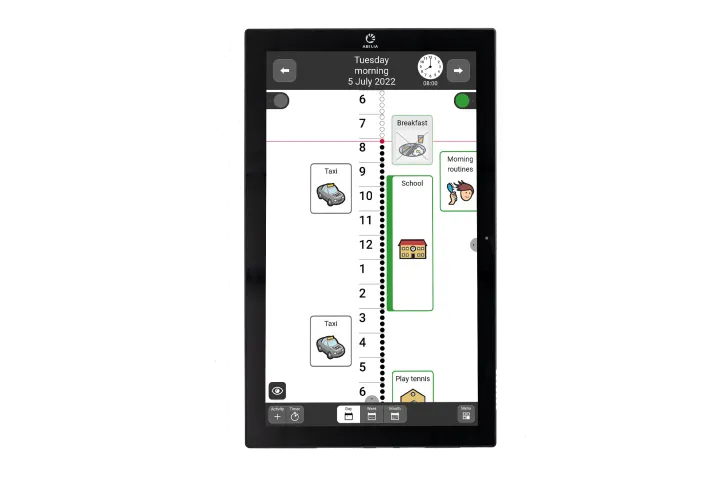More and more people are being diagnosed with adhd, probably due to increased awareness and the broadening of diagnostic criteria. Society needs to become more inclusive, in order for these people to have better conditions and quality of life. Early intervention can prevent serious consequences in relationships, studies, and work. Knowing which disabilities can occur in people with adhd can aid treatment, adaptations in everyday life, and which knowing cognitive support can help.
Read more in our brochure: Support for time, planning, focus and sleep for people with adhd and add
Finnish version: FIN Support for time, planning, focus, and sleep for people with adhd and add
Adhd
Neurodevelopmental disorders depend on how the brain operates and works. The most common diagnoses are adhd, autism spectrum disorders, Tourette’s syndrome, and language disorder.
Adhd is an initial abbreviation used in everyday language. The letters stand for attention deficit hyperactivity disorder, which means attention disorder and hyperactivity disorder. Add is a form of adhd in which there is no obvious hyperactivity.
Adhd is common in combination with learning difficulties and dyslexia. Autism spectrum disorders, tics, and language disorders may occur.
Common challenges for people with adhd
Basic problems for people with adhd are challenges with
• Attention
• Impulsiveness
• Over-activity
There is no clear over-activity in add.
In everyday life, the above can mean difficulties in
• staying focused when something isn’t fun and motivating
• planning and organising
• having a sense of time
• taking the initiative to perform activities that are perceived as boring or demanding
• waiting for ones turn
• feeling very restless and overactive
• controlling ones impulses
• relaxing and falling asleep, and maintaining good sleep throughout the night
Relationships, studies and work can be adversely affected.
Additional challenges arise when diagnosed in combination with, for example, learning difficulties, dyslexia, autism spectrum disorders, and anxiety.
There are many things that can help individuals with adhd
• knowledge of their disabilities
• the right treatment and support from their surroundings
• time and planning strategies
• reminder support to help to stick to their planning
• strategies for staying focused even when tasks are tough
• strategies for avoiding over-activity that causes stress in everyday life
• routines and support for sleeping
Assistive devices can contribute to participation and independence
Compensating assistive technology can enable an individual to better manage personal care, housing, education, work, and leisure time.
Early intervention is extremely important, as it can prevent serious consequences such as mental illness and difficulties in everyday life, school, and working life.
• sensory-stimulating weighted products aim to facilitate falling asleep and maintaining sleep during the night, and creating a sense of calm and focus during the day
• cognitive support aims to provide a greater sense of time, planning support, the facilitation of routines and being reminded of activities, support in taking initiative and staying focused during demanding activities. They strive to provide the user with a balance in everyday life.
Individualised aids can make everyday life easier for the whole family
Assistive devices should be selected and adapted to the individual, but can also become a shared tool for everyone making everyday life work better
• improved interaction and communication
• better sleep for everyone in the family
• less need to remind the individual about activities
• better relationships and fewer conflicts
Regular education and special education
Even though the student brings personal assistive devices with them, it is of value to equip the classrooms with products that can support concentration, motivation, and sticking to schedules.
• weighted collars and weighted blankets can help to facilitate concentration on schoolwork
• timers that visualise the passage of time can motivate students to stick to school assignments and prepare to exit an activity
• stationary and mobile planning tools that clarify the time and schedule, and provide reminders that make it easier to manage the school day
Workplaces
Different professions and tasks have different demands. Together with their employer, the individual can do a lot to make things easier.
• tasks can be adapted and performed one at a time, support can be given in structuring and prioritising tasks
• the working environment can be adapted so that the individual can move to a quieter and calmer location, noise dampening room dividers and noise-cancelling headphones can help
• working hours can be flexible to suit the individual’s needs, opportunities for individual breaks and rest rooms
• work aids, e.g. weighted collars, weighted vests, visual timers, digital time and planning tools can help







